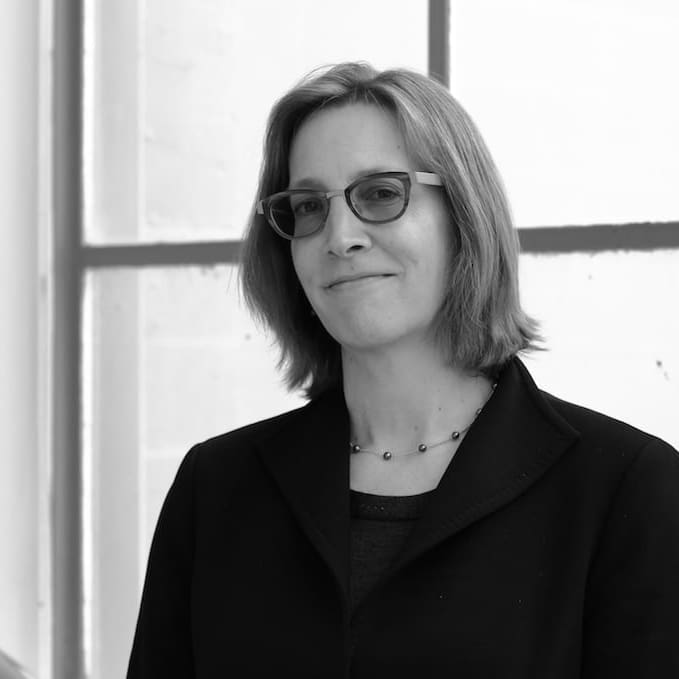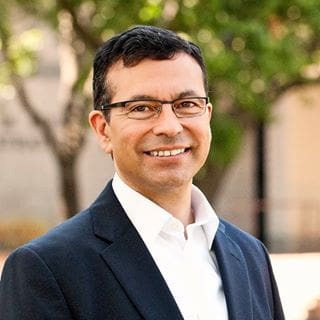California Election 2022 Data Challenge
Challenge Results
Watch the Finale Symposium
Symposium Keynote Speakers

MacKenzie Smith // UC Davis Librarian and Vice Provost of Digital Scholarship

Jesse Salinas // Assessor/Clerk-Recorder/Registrar of Voters for Yolo County

Jeremia Kimelman // Data Journalist, Calmatters

Erica Yee // Data Reporter, CalMatters
Summary
The UC Davis DataLab: Data Science and Informatics hosts the California Election Data Challenge, a month-long data science and civic engagement competition designed to leverage public data to help us understand issues on the ballot in upcoming local elections. Participants build their data literacy, visualization and communication skills while contributing to informed civic dialogue.
Teams participating in the Challenge develop reproducible research projects that culminate in presentations with data visualizations exploring an issue pertaining to a specific ballot initiative. By entering the Challenge, participants contribute to their technical portfolios, explore publicly available data, expand their professional networks, and can win $$$ prizes!
The CA Election 2022 Data Challenge focused on the November 8th, 2022 California ballot initiatives, which covered topics including health care, human rights, and tax reform. The Challenge ran September 27-October 24 with an internal Showcase on October 25-26 and public symposium on November 7, 2022.
See below for more information about the event, our keynote speakers, finalist teams, and winning project. Congratulations to team A-to-ZEV (Tisura Gamage, Jean Ji, and Trisha Ramadoss) for their winning project and to Jean Ji, winner of our Collegiality Award!
Winner
The Project
Team “A-to-ZEV” explored Prop 30, which proposes additional taxation of California’s multimillionaires to fund zero-emissions vehicle programs and Wildfire Response and Prevention Programs. They utilized state personal income tax and median home price data combined with data from the American Community Survey and CA Energy Commission to explore the proportion and location of CA residents who would be affected by the increased taxation. They also used these data to identify potentially where new electric vehicle chargers would need to be built to increase equitable access across the state. They conclude that only a very small number of Californians would be affected by the increased income tax, and that a significant number of locations experiencing a “charger gap” would be likely to receive new EV chargers as a result of the taxation, although funds for those specific locations aren’t explicitly demarked in the proposition.
The Team
Team members include graduate students Tisura Gamage (Transportation Technology and Policy), Jean Ji (Energy Systems), and Trisha Ramadoss (Transportation Technology and Policy).
Collegiality Award
Other Participating Teams
The Project
Team “DataVis” explored Prop 29, which would impose new rules on dialysis clinics including requiring at least one physician or nurse practitioner on site or remotely available during operating hours. By using CA state data on specialty care clinics and physician salaries, this team calculated the net expenditures of dialysis clinics and investigated whether adding a physician to a clinic could cause it to shut down. While they acknowledge limitations of the data and approach used, their preliminary findings indicate that some clinics will likely lose revenue if the proposition passes, with potential impacts for patient costs and accessibility although quantifying those was outside the scope of their analysis. Exploring positive potential operational improvements were the proposition to pass, including benefits to patient quality of care, would be an interesting next step for this research.
The Team
Team members include undergraduate students Sai Sindura Vuppu (Statistics), Srihita Ramini (Cognitive Science & Computer Science), Vibha Raju, (Computer Science) and Vaishnavi Kulkarni (Applied Mathematics).
The Project
Team “GitData” explored Prop 30, which proposes additional taxation of California’s multimillionaires to fund zero-emissions vehicle programs and Wildfire Response and Prevention Programs. Using CA state data on vehicle and wildfire emissions combined with the CA annual personal income tax report, this team calculated the amount of greenhouse gases that could potentially be reduced if this proposition is implemented. They also investigated whether the goals of these programs are achievable in the timeline proposed. Their preliminary findings suggest that even if this proposition passes, it is unlikely that the state will achieve its goal of reducing greenhouse gas emissions to 80% below the 1990 level—85.371 million metric tons—by the year 2050 with this proposition alone. They suggest effective future partner initiatives should also aim to reduce other sources of greenhouse gas emissions, such as cargo ships, industrial pollution, planes, and public transportation.
The Team
Team members include undergraduate students Weilin Chen (Statistics), Hengyuan Liu (Statistics), Kathy Mo (Statistics), and Li Yuan (Data Science, University of Michigan).
The Project
Team “Occam’s Razor” explored Prop 30, which proposes additional taxation of California’s multimillionaires to fund zero-emissions vehicle programs and Wildfire Response and Prevention Programs. They used state infrastructure data on zero-emissions vehicle sales and charging station locations across California to investigate the potential effectiveness of Prop 30 if it passes. They found that locations with large EV sales, such as Los Angeles and San Bernardino counties, tend to have high amounts of available chargers as well, and conclude that if Prop 30 fails, private networks (which cost more but need less maintenance over time) could potentially benefit more than public networks (which utilize more power and slow charging speeds).
The Team
Team members include Statistics undergraduate students Lukas Barrett, Kaleem Ezatullah, Andrew Muench, Michelle Tsang, and Connor Young.
The Project
Team “Deadline Warriors” explored Prop 27, which proposes the legalization of online sports betting for ages 21+. This team utilized sports betting data gathered over the course of a year to investigate the impact of legalizing online sports betting on existing demographics. Their project considers the broader online sports betting market and found that there are gender and age discrepancies in risky gambling behaviors, online participation in sports betting, and win-loss variance, with men ages 20-40 exhibiting the most frequent and riskiest betting behaviors.
The Team
Team members include undergraduate students Owen Levinthal (Statistics), Kevin Gui (Data Science), and Karissa Ning (Data Science) and alumnus Nicholas Goray (Communications and Computer Science).
The Project
Team “Unnamed” explored Prop 27, which proposes the legalization of online sports betting for ages 21+. Team members utilized state population, stadium location, and stadium capacity data to explore Californians’ investment in sports and sports gambling and interrogate whether the passing of Prop 27 would indeed improve circumstances for the unhoused populations in the state. In comparing CA state data with that of other states, the team concluded that the economic benefits would contribute to solving the homelessness crisis in the state, which has been exacerbated by the pandemic.
The Team
Team members include undergraduate students Geyang Guo (Artificial Intelligence), Siyu Liu (Economis), and Xinwei Song (Data Science).